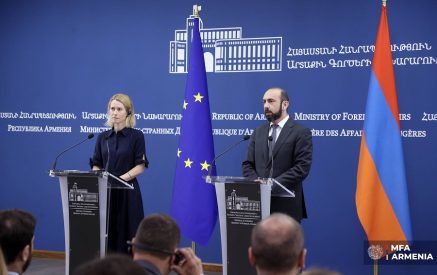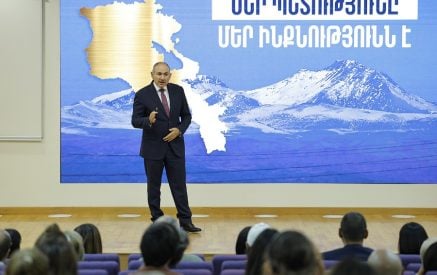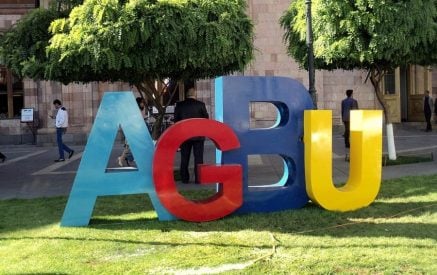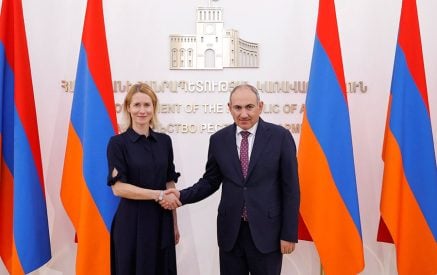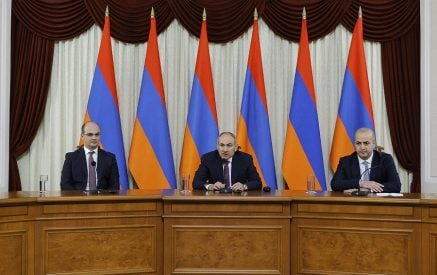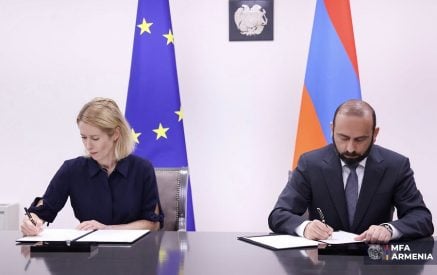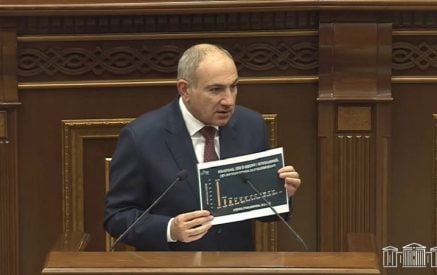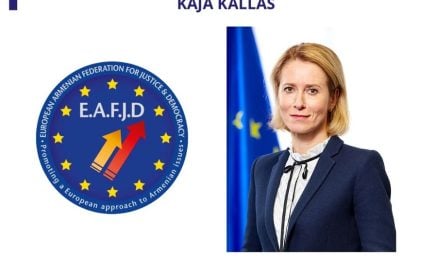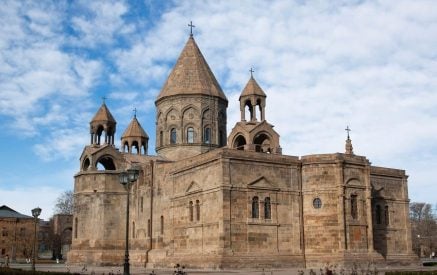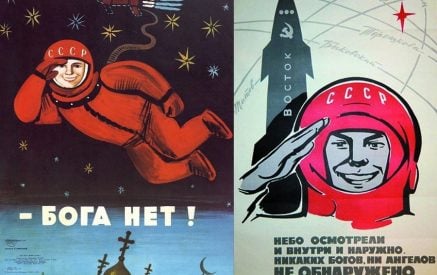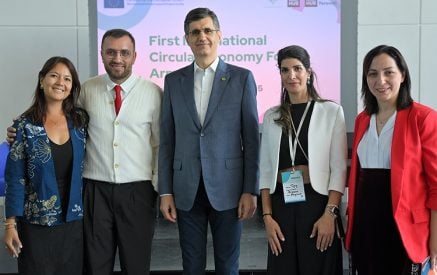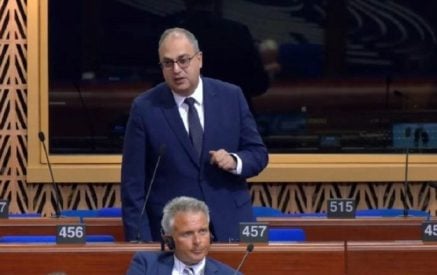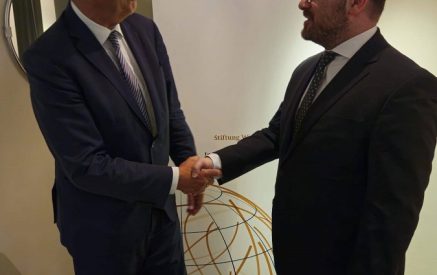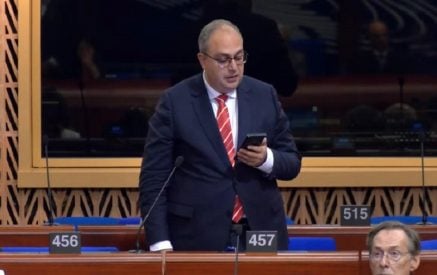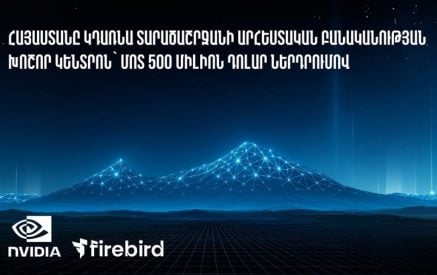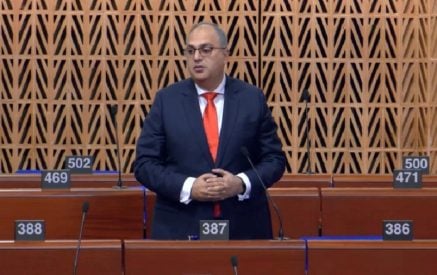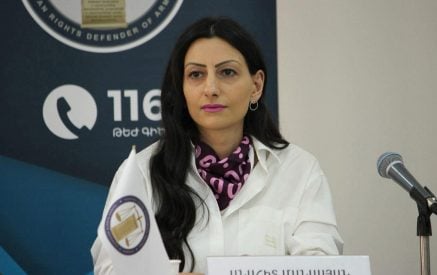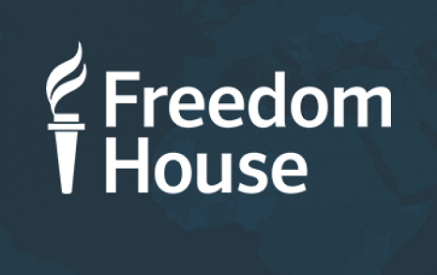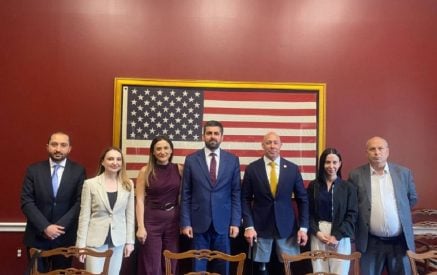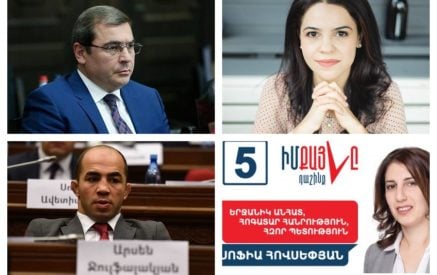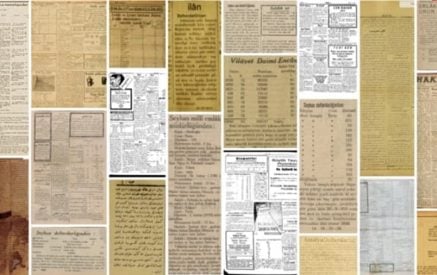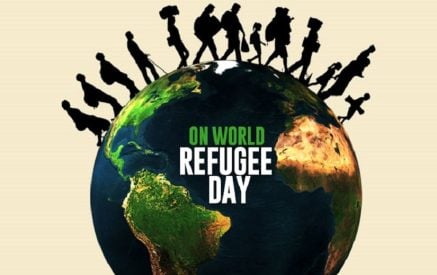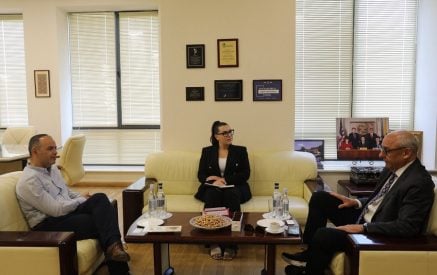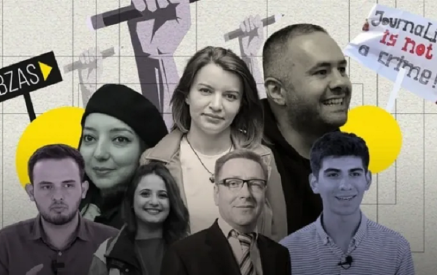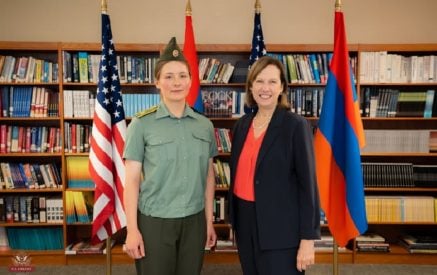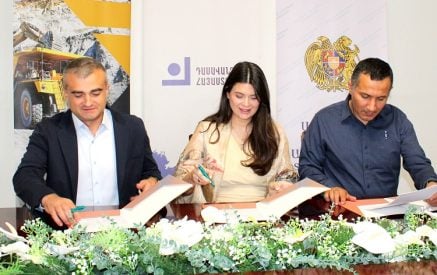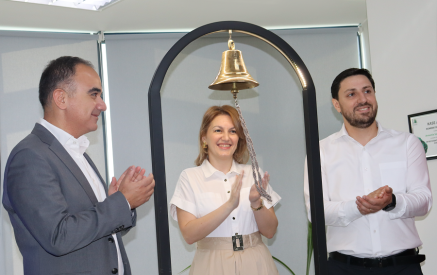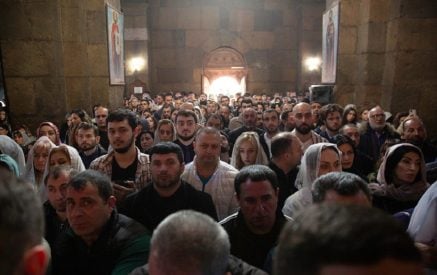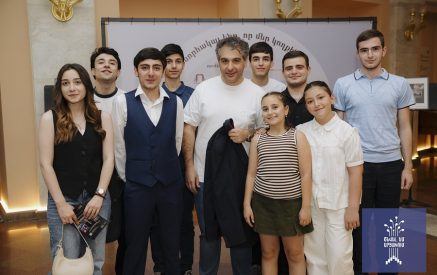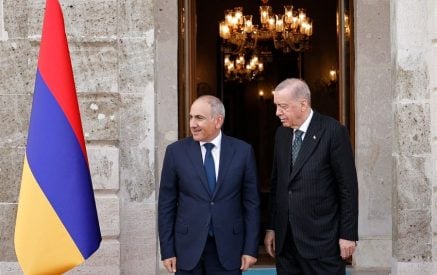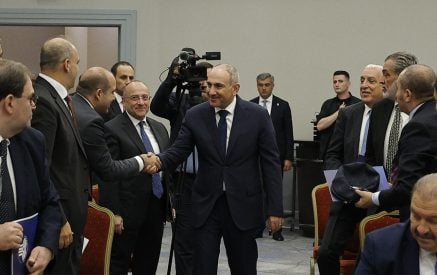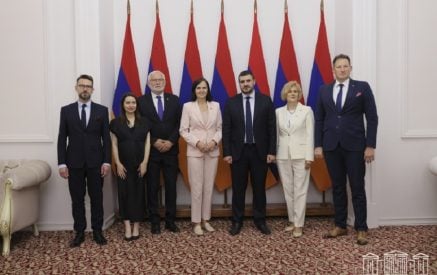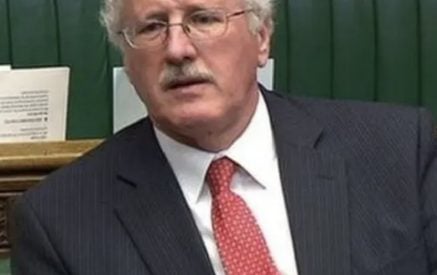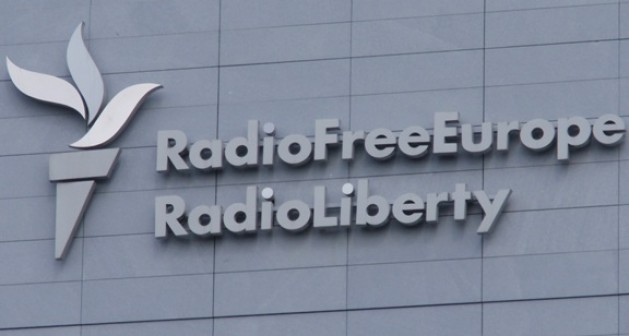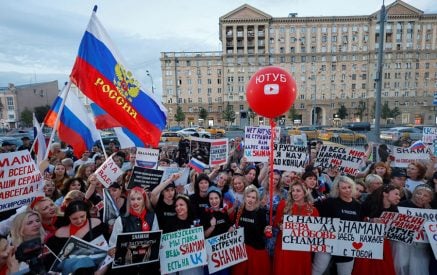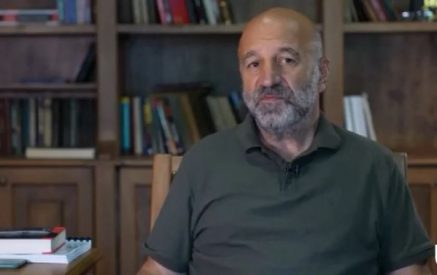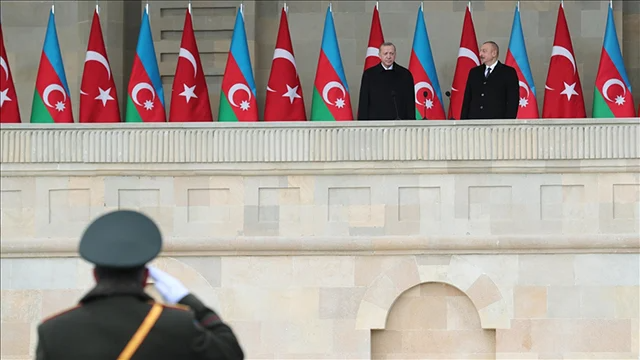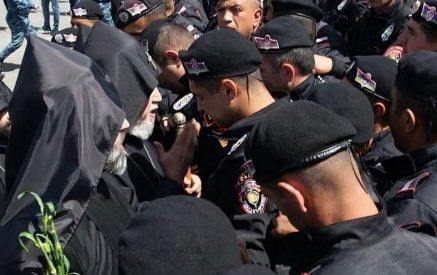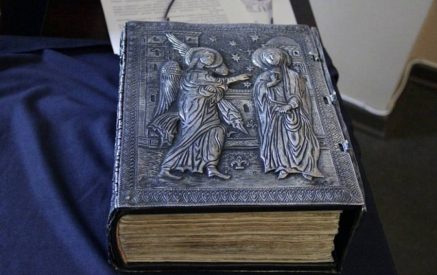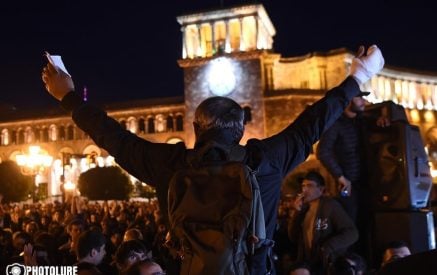Geopolitical manifestations of famous thesis
On Sunday, I watched a section from a film on HTB channel that was dedicated to the so-called anatomy of treason. Anyway, it intended to be so. The matter is not about marriage or personal treason, rather than about political manifestation of the phenomenon in a state scale. The film was about real traitors, General Andrey Vlasov passing to the enemy’s side during the World War II, or, for instances, CMG Colonel Oleg Gordievsky, essentially doing the same in 1970s. In fact, if Gordievsky is a traitor, so is Edward Snowden. Either both are traitors, or ideological tireless fighters. About another historical figure; presenting “Cadet” party leader, Peter Milyukov, as a “traitor” seems to me doubtful. Before abdication of Nicholas II and establishment of interim government (where Milyukov was the Minister of Interior Affairs), he was a deputy of the State Duma, he was ruthlessly, often from populism stance, criticizing the tsarist government and thus contributing to the “bourgeois-democratic revolution.” What is betrayal? What state or even human responsibilities did Milyukov have before Nikolas? It is not excluded, of course, that he was doing wrong fighting against the Tsar, maybe all the political forces during the war should reunite around the leader of state, regardless of what the leader was busy with. However, failing to do it does not treason, the matter here is about usual political struggle, the assessments of which, of course, might vary. Beside these disputed and undisputed judgments, I do not know from where, it appears… “Liberty” radio station. The logic is approximately as follows: passing to the Nazi side, Vlasov established an organization called the “Committee for the Liberation of the Peoples of Russia.” The radio station established by the American resources, according to the author of the transmission, it was called exactly the same from the beginning. But later the authors of the idea found that the names are repeated and the radio station was called the current “Liberty” name. And, there is such inconstant connection between “Liberty” and a betrayal. Perhaps, the hint is that the former Soviet people working in the radio station at that time were traitors.
What was the “Liberty” radio station fighting against, and, generally, the western propaganda machine? It seems it is clear: against the communist ideology and the communist regime. The Soviet propaganda was doing the same against western regimes. Again, this can be assessed in different ways, maybe it did not worth to fight against each other, perhaps, on the contrary, the West and the Soviet Union would try not to destroy each other, but to develop, borrowing the best aspects from each other. However, the targets, is all cases, are the regimes and not the people, as opposed to, for example, the Young Turks or the German Nazis whose target was the very people. But the subject under discussion, the film, is saying in direct text that the “Liberty” radio station was fighting not against the communist regime, but the Soviet people, probably, having the notion in the context that not only working for, but also listening to this radio station would mean betraying their own people.
Not having any basis, the authors of the film argue that the “Liberty” Radio Station was instilling national hostility. Allegedly, Armenian and Azerbaijani editorial staff were drinking coffee and having friendly conversation in the hallway, and then going back to the microphones and instilling hatred towards neighboring peoples. Immediately after such unsubstantiated statements, footages of Karabakh conflict are followed: blood, tears, and tragedy. It turns out that the Nagorno-Karabakh war provoked by “Liberty” radio station. Dozens of such propaganda films about the past and the present are shot every year. Sometimes, at a higher professional level. However, the main problem is not the professionalism. The problem is the outdated, colonial visions of the first half of the 20th century. Anyway, this is a separate topic.
Read also
ARAM ABRAHAMYAN


